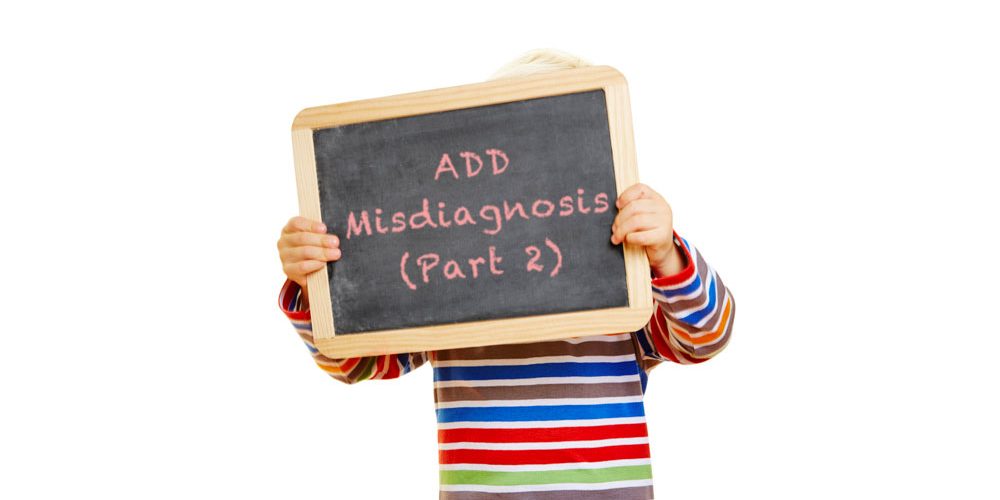By Jerry Morris, PsyD, MsPharm, MBA
MB (Marc Braman, MD, MPH):
So, if 75-80% at least in your experience are misdiagnosed with this ADD label, what are the actual diagnoses if they were accurately done?
JM (Jerry Morris, PsyD, MsPharm, MBA):
Yeah, when we get them into the specialty clinics and specialty groups, psychologists and psychiatrists who can do more extensive evaluation… And the evaluation needs to be several things. It has to be more than these brief screener questionnaires with low validity and reliability that you sometimes get in general practice clinics. It has to be normative data psychological testing that can compare these children the hundreds of thousands of kids their age. It has to be family assessment that can compare the family dynamics and family projection and training and philosophy and behavior processes. And it has to be a more contextual evaluation of the child and the family with regard to ruling out a number of other disorders that often turn out to be the real disorder. For instance, major depressive disorders run in families, they’re multi-generationally projected and trained and it often turns out to be a very depressed family multi-generationally. If you just treat the child and not the family and most depressed members in the family, they don’t change significantly or permanently.
JM:
Bipolar disorders often early in life get misdiagnosed as Attention Deficit Disorder. And we’ve actually tried to compensate for that by in the last few years modifying the criterion for diagnosing bipolar disorder in children and making it much more allowable to try to deal with this problem of misdiagnosis. And then some other disorders which appear, disruptive, impulsive, inattention, such as the most severe character disorders such as borderline personality, severe passive, aggressive personalities, narcissistic personalities that in a young child… And those kind of run in families too and are handed down. In a young child can look like disinterest in school, inattention, disruptive behavior, not willing to comply or conform to the standards and the behavior required in school rooms.
MB:
So, when you see… Let’s say you saw, 10 people with a diagnosis of ADD, if 75 or 80% of them actually have something else that means seven or eight out of 10 would have either depression or bipolar or a personality disorder or something like that. Is that correct?
Attention Deficit Hyperactivity Disorder: Effectiveness of Treatment in At-Risk Preschoolers; Long-Term Effectiveness in All Ages: and Variability in Prevalence, Diagnosis, and Treatment (2011). Agency for Healthcare Research and Quality U.S. Department of Health and Human Services 540 Gaither Road Rockville, MD 20850 www.ahrq.gov Contract No. MME2202 290-02-0020. AHRQ Publication No. 12-EHC003-EF.





